The National Organization for Human Services defines the human services field as ‘uniquely approaching the objective of meeting human needs through an interdisciplinary knowledge base, focusing on prevention as well as remediation of problems, and maintaining a commitment to improving the overall quality of life of service populations.’
In simple terms, the human services profession is all about serving people, whether they are a group or individuals. It is a broad term that involves a range of career options such as social work assistant, education assistant, outreach worker, respite specialist worker, and child and family support worker to name a few. If you want to become a human service worker, then you must be knowledgeable about their duties and responsibilities. This blog will educate you about their role and how to become one:
Responsibilities of Human Services Professional
The job of a human service worker is to assist individuals, families, communities, and organizations in overcoming obstacles and performing at their optimum level. Although the profession is multidisciplinary, each human service professional has certain common responsibilities. Whether you become a social work assistant or an outreach worker, there are some duties that remain common to any human service professional. Core responsibilities of human services professionals include:
- Assisting individuals, families, and communities in overcoming their problems and helping them improve their quality of life
- Counseling for mental, physical, and emotional problems
- Organizing support groups to prevent different forms of abuse
- Working individually or with organizations in providing mental and physical support to people who are unable to care for themselves
- Working with organizations, social groups, and rehabilitation facilities to make their services accessible to the people in need
- Conflict resolution
- Providing educational, employment, and legal support to their clients
- Assisting immigrants in settling down in a new place
- Taking protective legal action as and when needed.
Becoming a Human Services Professional
As you can see, the role of a human service professional is challenging. But, it can give you the satisfaction that comes with providing unconditional support to someone. A job like that requires you to have good communication skills, an understanding of human behavior and various social and economic factors affecting it, knowledge of human rights and the laws surrounding it, mental health issues and addiction, and counseling techniques. And, these skills and knowledge can only be developed through training and experience.
Institutions like Columbia College offer a comprehensive course in the field. It is an accelerated 12-month diploma that provides theoretical training and includes 300 hours of practicum experience and 28 hours of practicum workshops to train students to excel in their career.
Wish to develop a career in human services? Enroll in our human services professional diploma program today.

